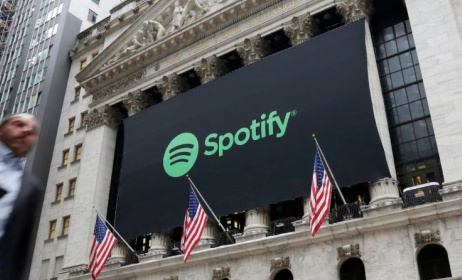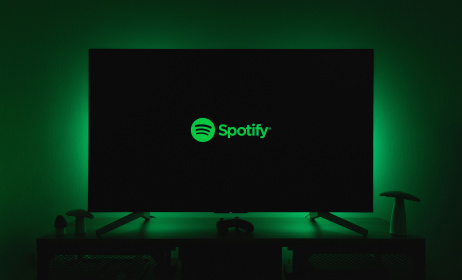Streaming: Spotify, Apple, Amazon ‘willing’ to explore other payment systems
Top executives of tech giants Spotify, Apple and Amazon appeared in the final session of the UK Parliament’s inquiry into the economics of music streaming this week.
 Apple global senior director of music publishing Elena Segal.
Apple global senior director of music publishing Elena Segal.
They included Apple global senior director of music publishing Elena Segal, Spotify head of global affairs and chief legal officer Horacio Gutierrez and Amazon director of international music Paul Firth.
During the session, the MPs asked the executives whether they would consider a potential alternative business model to distribute the revenue from streams if their share of profits did not change.
The trio defended their music streaming models, but agreed that they would be willing to band together as industry players and explore viable alternatives.
"I actually think that the time has come now for the UK industry to come together and to openly model and analyse what other distribution models could look like, and Amazon would be willing and would actually be very keen to be part of that,” Firth said.
Segal added: "Yes, I think it's certainly very interesting and the key thing for us is there needs to be consensus among all licensors. Obviously, the only way to reach consensus like that is to get together as an industry".
Gutierrez also said Spotify would be "open-minded and be willing to explore and work with others".
The inquiry has discussed potential alternative payment systems such as the user-centric model, where the more an artist gets listened to, the more they get remunerated. UK music industry professionals have also called for an equitable remuneration (ER) system to be included in the country’s streaming economics. ER is a method used to pay royalties from broadcast usage of music in the UK.
The committee also asked the trio about several other issues, including costs, competitors and piracy. The MPs then read out a statement from musician Nadine Shah from an earlier hearing where the singer said she was struggling to pay rent despite having garnered a decent number of streams. Gutierrez was asked how he felt about the statement.
"It's unfortunate that she feels that way but I think there are a couple of things that need to be clarified," Gutierrez said. "I don't know what agreements she has with labels and publishers, I don't know what the economic terms are of the split of the revenue that she might have agreed to with her label.
"I know what we pay and I know that close to 70% of every pound that we generate gets paid to those intermediaries that represent artists. I also know that over the last four years, based on our data, the number of recorded artists whose catalogues generated more than $1m a year, from a recording and publishing perspective, grew over 82%, and the number of artists that generated more than $100 000 a year grew 79% over the last four years."
Segal also emphasised the importance of supporting artists, citing Apple's stance on free subscription tiers. The executive said that Apple was happy to discuss changes, but would not switch to a free, ad-supported model.
"I think more people would probably be using Apple Music [if it were free]," Segal said. "It wouldn't change our service. [But we] don't think that an ad-supported service can generate enough revenue to support a healthy overall ecosystem. And it would also really go against our fundamental values on privacy."
























Commentaires
s'identifier or register to post comments